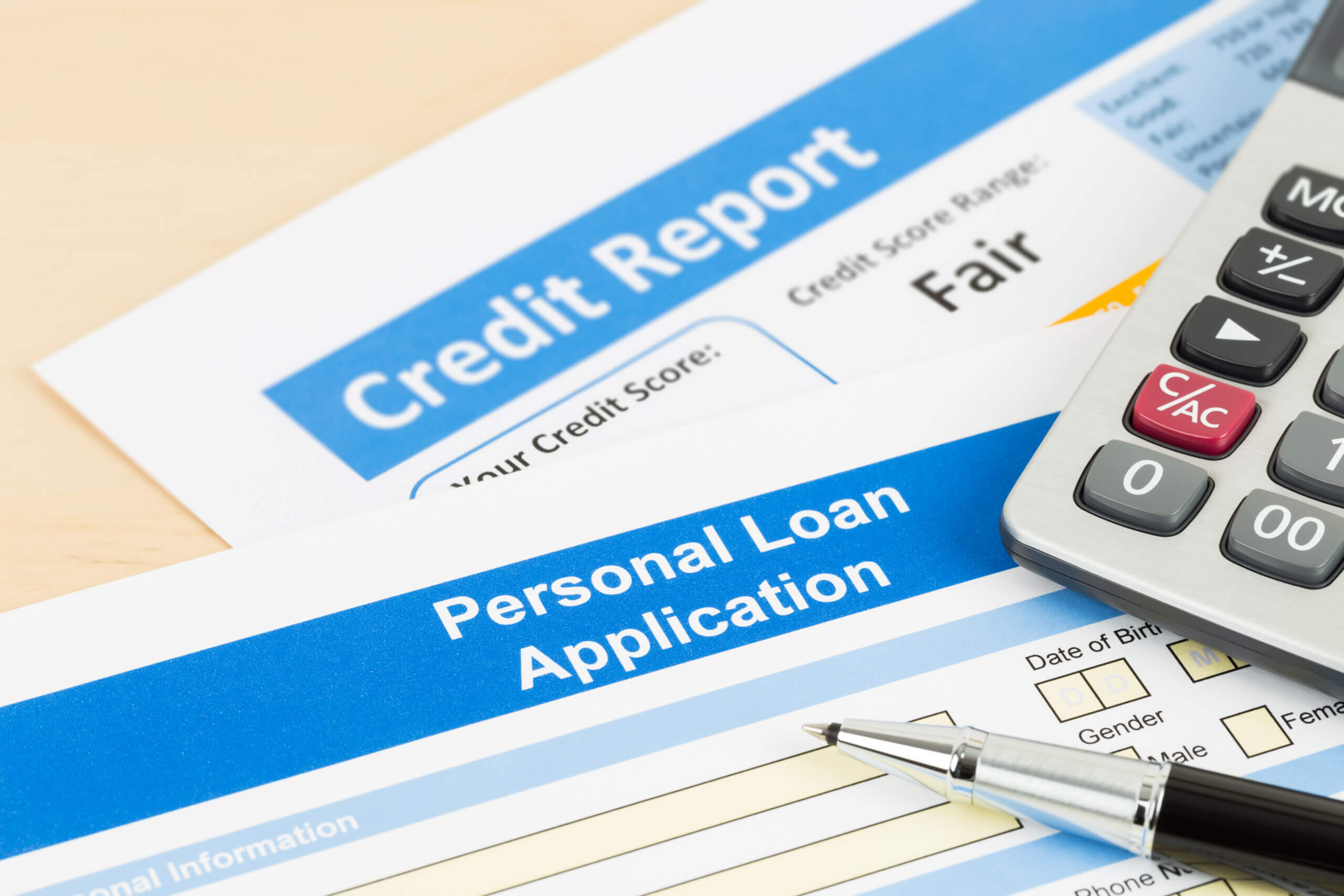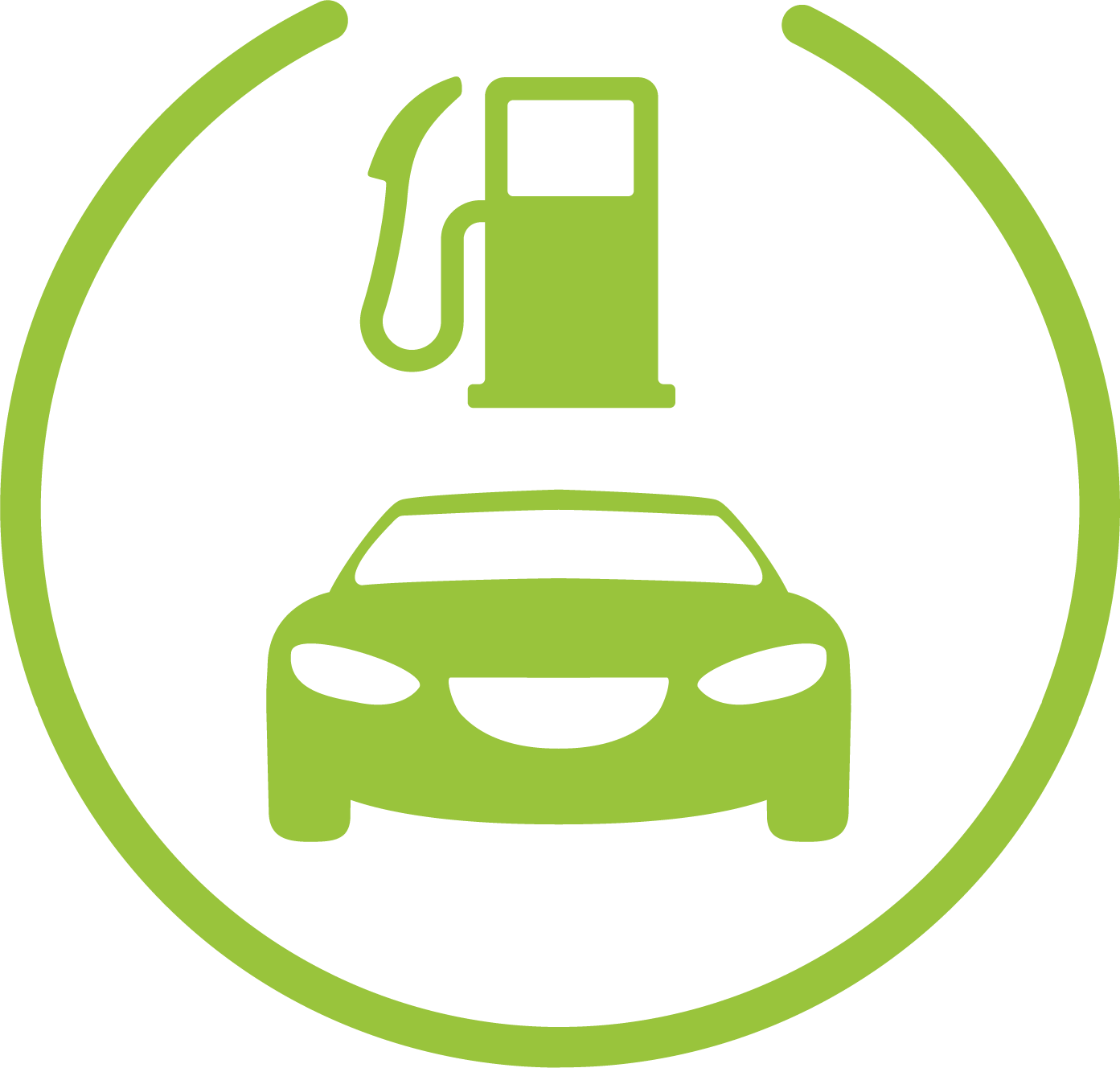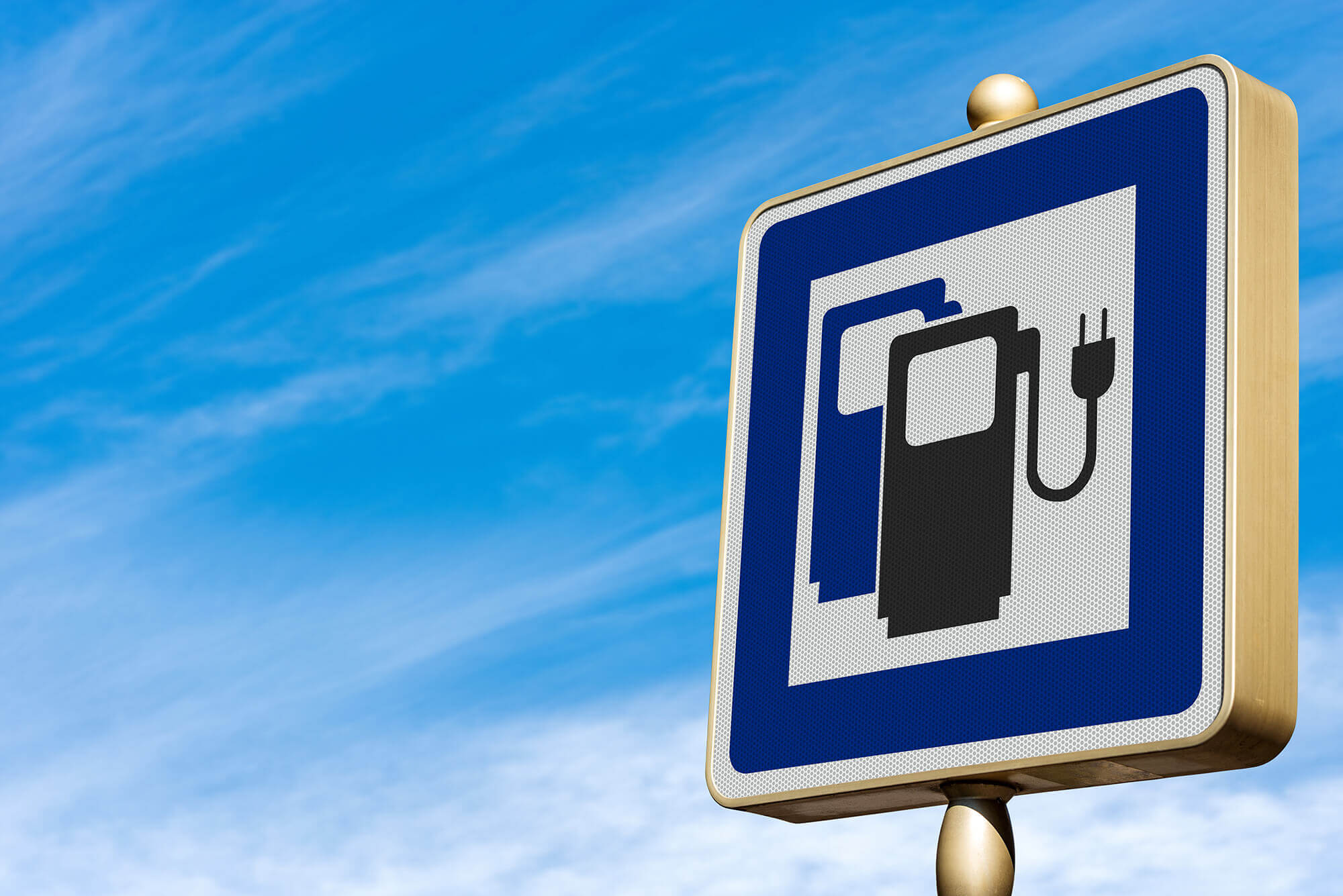Your credit score and why it matters
Your credit score and why it matters
Are you in the dark about personal credit scores? How it impacts on how much money you can borrow? And, how you find out what your rating is?
We’re here to shed some light, explain why it’s an important tool for lenders, and a few tips on how you can make sure yours shines!
What is a credit score?
Put simply, your personal credit score highlights your history of how promptly you pay your bills and pay back you credit obligations, such as a credit card or a loan. It is a number between 1 – 1,000, and the higher you score the better your credit rating is.
If you’ve ever had a credit card or even a phone contract you will have a credit history. Your credit data is supplied by companies that give credit (E.g. Banks, finance companies, power companies, phone companies), to credit agencies who report and record your credit information. This information can include instances where you’ve applied for a loan, paid bills on time, made overpayments, as well as if you’ve missed a payment or even been declared bankrupt.

Why does your credit score affect your ability to get a loan?
Credit scoring and reporting helps lenders like us get an insight into how reliable you are with your finances – how often you’ve paid your bills on time and, how likely you are to pay them on time in the future. It can be used to determine your level of risk before deciding whether or not to lend you money. Your credit score not only impacts your ability to get a loan but can also impact the interest rate you pay. The better your credit score, the more likely you’ll have credit approved and, the cheaper it should be too.

So, how do you get a good credit score and what can you do to improve a low one?
Firstly, find out what your credit score is. New Zealand has a small number of credit reporting agencies who hold your credit data, and it’s an easy process to access your own personal credit history and credit score information. To get a free copy of your personal credit report provided by Centrix Credit Bureau, visit their website here.
Once you have your credit report in hand you can start to look at ways to improve your score. Here are some tips:
- Pay your bill on time, every time! Set up a direct debit and take the hassle out of remembering when something is due to be paid.
- If you have missed a payment, settle the outstanding amount as soon as possible.
- Avoid applying for small loans or credit cards too often. Multiple applications at the same time can negatively impact your score.
- Having a good long positive credit history will help to get you a higher credit score.
As you can see, how reliable you are with your finances directly reflects your credit score and can impact on how successful you’ll be when applying for a loan.
Check out our easy to use loan calculator to see what your loan repayments may be, and, If you have any questions around applying for finance please get in touch with our friendly team today. Alternatively, if you have a loan with us and are experiencing an unforeseen change in your financial situation, don’t leave it too late to contact us, we may be able to help.
Concerned about your finances?
Get confidential financial mentoring or budgeting advice from Money Talks, an organization that offers advice at no cost to you. Call them on 0800 345 123 or visit their website here.
Don't buy a car on your house!
Think twice about buying a car on your house
When you’re looking to purchase a new car or upgrade the old one, it can be tempting to top up your home loan to finance it. Car finance interest rates are usually higher than home loan interest rates, so you’d think it would make perfect sense. However, you may not realise that it’s much better to pay off your car as quickly as possible, especially when interest rates continue to rise. Here we explain three reasons why.
Reason 1 – You’ll pay less interest
Yes, really! A mortgage can last for decades with an average loan term of 25 years, whereas a car loan is usually 3 years or less. Even if the interest you’re paying is a little higher, the shorter the loan term, the less interest you are likely to pay overall.
Here’s a comparison:
If you add a $20,000 car loan to your mortgage with an interest rate of 6% on a 25-year loan term, the total amount you will have paid overall is $38,700. That’s $18,700 in interest alone, almost the cost of another car!
Alternatively, if you get $20,000 in car finance with an interest rate of 12% on a 3-year loan term, the total amount you will have paid overall is $23,904. As you can clearly see, you’re already winning.
Note: The above comparison is for indicative purposes only. Interest rates are subject to change and are only current at the time of writing this article. Oxford Finance fees, terms, conditions and normal lending criteria applies.

Reason 2 – Pay off one car at a time
Cars rarely grow in value and are often deemed as a ‘deprecating asset’. I’m sure you’ve heard the saying that a new car loses its value the minute you dive it out of the car yard. Aside from loss in value due to general wear and tear, new car models with improved features are introduced by car makers every three to six years.
In a few years’ time you could find yourself in a position where you’ve sold your car and are still paying it off through on your mortgage. Or worse yet, you’ve upgraded your car and are paying off two cars at once!

Reason 3 – Protect the equity in your home
Everyone knows that if you can, it’s best to pay off debt as fast as possible. This might sound quite difficult right now when you think about inflation and the increased cost of living in New Zealand. However, with the money you save from getting car finance, you may be in a position to put that money towards your mortgage. Remember, if you keep adding to your mortgage, you’ll never get it paid off.

When it comes to borrowing money what’s most important is that you can afford to borrow it. Here at Oxford we are committed to our customers and have a very robust affordability assessment to ensure no one is over-committing themselves. However, we all know sometimes life throws us unexpected surprises or changes in circumstances. If the unexpected happens, Oxford will do its very best to help people find a solution that works.
If you’re thinking about a car loan and want to know what your repayments may be, check out our loan calculator.
Alternatively, if you have any questions around applying for finance please get in touch with our friendly team, we’re here to help.
EVs Explained
EVs Explained
Electric vehicles are becoming more common in New Zealand every day, and as EV technology continues to evolve, you may be surprised at the different EV options available to suit your budget and lifestyle.
Before you decide to make the switch to an electric vehicle, it’s important to understand your plug-ins from your hybrids and everything in between. We’ve done the hard work for you and categorised the three main EVs currently for sale in New Zealand and explain what they mean – Let’s get started!
Hybrid Electric Vehicles (HEVs)
These vehicles run on a both an internal combustion engine (ICE) and a battery powered electric motor. An example of a hybrid is a Toyota Prius. They use a fuel tank and battery for sources of power.
Road conditions and the way you are driving will determine which fuel source an HEV uses. For example, you’ll most likely be using petrol or diesel powered by a combustion engine for acceleration or going up a steep hill, then when you’re sitting in traffic or travelling at a low speed the battery motor will take over. The battery begins to re-charge when the vehicle brakes, a system known as regenerative braking.
The good news is that your fuel cost will be considerably lower, although a downside to a hybrid is that it is less powerful than its non- battery equivalent.

Plug-In Hybrid Electric Vehicles (PHEVs)
Similar to HEV’s as they both use a fuel tank and battery for sources of power. However, PHEV’s normally operate in electric mode with the ICE partially recharge the battery via regenerative braking, or take over and give you extra power if you need it (when carrying a heavy load or towing). You can also recharge by plugging the vehicle into a standard household electrical socket. An example of a PHEV is a Mitsubishi Outlander.
A PHEV could be a good fit if you need a vehicle for a mixture of long and short trips or often need to drive beyond the battery range.

Battery Electric Vehicles (BEVs)
The king of all EVs, BEVs rely exclusively on electric motors to run. The Tesla 3, Kia Niro and Nissan Leaf are all examples of BEV’s or zero emission vehicles. You’ll need to charge a BEV by plugging it into an electrical socket, charging unit or public charging station. BEVs have limited battery range, so you’ll need to be aware of how far you can go before it’s time to recharge if you’re heading out of town.
If you want low running costs, mostly drive around town and often fund yourself sitting in traffic, a BEV is well worth considering.

Still unsure if an EV is for you? Why not take one home for a few days and find out? Rental car companies and subscription services provide a good way for you to trial an EV. You’ll certainly get more out of it than a test drive around the block. Plus, you get to see how the vehicle performs across your day to day activities and if it’s the right kind of EV for you.
If you’re thinking about financing an EV or have any questions around applying for finance, please get in touch with our friendly team, we’re here to help.
Jargon busters
Jargon busters
You could easily be mistaken in thinking you’re hearing or reading a foreign language when it comes to the world of finance. Just looking at a loan agreement with its pages of jargon can send your head into a spin.
However, don’t worry, we’re here to help. We’ve compiled a list of words and terms you’re likely to encounter when you take out a loan, and explain exactly what it is we’re talking about – It’s time to unjumble the jargon!

Agreement – A contract between a borrower (you) and a lender (I.e. Oxford Finance). It outlines the terms of your loan and repayments.
Arrears – The overdue amount or amount accrued after missing one or more scheduled loan repayments.
Co-borrower – Someone who has jointly taken out a loan with another person. They could be a partner, family member or friend. Co-borrowers share responsibility and liability in repaying the loan.
Creditor – The person or company (I.e. Oxford Finance) who lends money to the debtor – the person or company borrowing money.
Deposit – Is an upfront part payment towards the goods you wish to purchase, such as a car. The greater your deposit, the smaller the amount you will need to borrow. To get an indication of possible loan repayments check out our online Loan Calculator.
Direct debit – Once authorised by you, a direct debit enables us (Oxford Finance) to take regular loan payments from your nominated bank account.
Dishonour – Is when there is not enough money in your account to make a loan payment.
Guarantor – Is a person(s) who agrees to be responsible for the debt of the borrower by offering their own assets such as their home as collateral. In general, business loans will require a guarantor.
GAP insurance – If your car is written off and the loan amount you owe is greater than what your insurer pays out, GAP insurance covers the shortfall.
Initial unpaid balance – Is the total amount you owe at the start date of your loan.
Interest – Is the amount a lender (I.e. Oxford Finance) charges the borrower (you) for taking out a loan. The interest rate you are charged is based on the type of security provided, value of security in relation to the loan amount, your previous credit history, and your credit and personal profile.
Loan repayment insurance – Depending on the level of cover you choose, your outstanding loan balance will be paid out if you unexpectedly die, or temporarily cover your loan repayments if you are unable to work due to illness or injury.
Mechanical breakdown insurance – Covers the cost to repair the mechanical or electrical parts of your vehicle if it unexpectedly breaks down.
Motor vehicle insurance – If you borrow money for a vehicle, Oxford requires your vehicle to be insured against theft and accident damage.
Payment waiver – Is an optional product you can purchase at the time you take out a loan. It is included in your repayments and will clear the balance of your loan depending on the level of covered events you choose. Find out more about payment waiver.
Security – Means that if something were to happen, and you were unable to repay your loan, the lender would be able to sell your security (usually your car if you have taken out vehicle finance), to recoup the money owing on your loan.
Settlement – Is the amount required to repay your loan in full.
Trade in – When you purchase a vehicle from a dealer, you may be able to sell your old vehicle to the dealer as part payment towards the cost of your new vehicle.
Vehicle offer and sale agreement – Is the documentation from a dealer outlining the details of your pending vehicle purchase. This will include agreed price, finance details, vehicle details, any add-ons or accessories, trade-in information and values if applicable. It is important that you fully understand all the details and terms and conditions of the offer and agreement. If something doesn’t make sense, ask the dealer to explain it to you.
Please get in touch with our friendly team at Oxford if you have any questions around applying for finance.
We look forward to hearing from you.
Saving money at the supermarket
Saving money at the supermarket
We’re all noticing that the cost of goods and services are increasing quickly in New Zealand… groceries, power and insurance to name a few, it can start to feel like the money in your bank account is going out faster than it’s going in. That’s why it’s a good idea to start thinking about your spending habits, especially at the supermarket.
Don’t go to the supermarket hungry
It’s sounds obvious, but if you’re in a rush and want to squeeze in a quick shop before dinner, you’ll end up buying more than you need. Eat a piece of fruit and have a drink of water in the car on your way to the supermarket. That way you’ll be less tempted to buy that packet of chips or chocolate bar. Plus, your waistline and your pocket will thank you for it too.
Make a list…and stick to it
You’ll save money by buying only the items you need and not what you don’t. Also, if you can, shop alone. Kids can be extremely sneaky at putting things in your trolley when you’re not looking or, repeatedly asking for something until you give in.
Buy generic or home brand products
The difference in cost between premium brands and home brands can be significant and add up quickly. If the product is like for like you’re not missing out on anything. And just remember, you’re not going to be eating the packaging!

Shop in-season
It goes without saying that fruit and vegetables taste better when they are in season and are generally more affordable too. Plan your meals accordingly and reap in the savings.
Cut out the convenience food
Pre-packaged meals such as pizzas or bagged salads are quick and easy, but expensive too. Add your choice of topping to par-baked pizza bases and have some left over for lunch the next day.
Shop online
Today almost all supermarkets have a convenient online shopping option. Once you’ve selected all your groceries you can easily review your items and discard any you don’t really need. It’s a good way to ensure you’re within you budget before you arrive at the check out.
CCCFA and how it affects you
CCCFA and how it affects you
You have probably heard a lot of talk lately around recent changes to the Credit Contracts and Consumer Finance Act (CCCFA), and the extra hurdles that have been put in place when applying for credit. Does this mean that it’s now harder to borrow? Well, maybe not….

To put it simply, the CCCFA is a consumer law that protects you when you want to borrow money. The Act sets out rules that we as a finance company must follow when lending money. The main aim of the Act is to ensure that each loan is suitable and affordable for the borrower.
Here we have listed some of the things our lenders look at when assessing whether a loan is suitable and affordable, and what you can do to ensure your finances are in the best possible shape before making an application for finance.
Things key things we look at:
- Your bank statements
We review your bank statements to determine whether or not you have the ability to repay your loan before providing finance. We check:
- Your incomings (E.g. Wages, salary) and your fixed outgoings (e.g. rent/mortgage, insurance, power, food and groceries etc).
- For any payment defaults
- What other debt you may have. i.e. credit cards, Buy now, pay later loans
- Your credit history
- Your employment status and history
- Your residential status

Things you can do before applying for credit:
- Keep a record of your expenses before applying for a loan, then create a budget that you can follow;
- Set up direct debits for your key bills. It can sometimes be hard to remember which bill is due and when, so direct debits are a great way of ensuring you are paying your bills on time. Any missed bills can impact your credit score;
- Aim to control your discretionary (non-essential) spending. Whilst we don’t focus on which fast food outlet you frequent, we are required to take these expenses into account when assessing your loan;
- Ensure any defaults are paid off before applying for credit;
- Aim to pay your credit card balance off in full each month;
- Be cautious about accepting buy now, pay later payment options. What initially looks like a small repayment each week does add up quickly, and will impact on how much you can borrow.
It can seem like a lot to take in, however it is important that you plan and budget accordingly so that your finances are in order when you’re ready to take out a loan. Remember, the CCCFA helps ensure that all parties are comfortable that you are not extending yourself beyond your means.
Please get in touch with our friendly team at Oxford if you have any questions around applying for finance.
We look forward to hearing from you.
How to get a car loan
How to get a car loan
There are a number of ways you can get a car loan, either from a car dealer, finance broker, or you can go to a lender directly. However, if it’s the first time you’re applying for a car loan it can feel a little overwhelming. So here we’ve compiled a list of steps to help you along the way.

Decide what type of car you want to buy
Take the time to consider your lifestyle and what you want to get out of your new car – Are you looking for a compact city run-around? A car with enough space to fit the kids and the dog? Or, perhaps you’re thinking an EV might be the best option when the cost of filling up the tank is getting more and more expensive every week.
Decide how much to you want to spend and how much can you afford to borrow?
It’s important to work out early on how much you are comfortable spending and borrowing. Take a look at your finances and work out a budget. Look at your income and expenses. Look at what you are currently paying on a regular basis, such as your rent, power or internet. How much is left over after all the bills are paid? Car insurance is another important factor to consider and will need to be included in your budget calculations. To give you an idea of what your loan repayments might be, check out our online Loan Calculator.

Apply for a loan approval with us
Once you’ve found a car, or decided how much you want to spend, you can apply for a car loan online. There are certain eligibility requirements you’ll need to meet before you begin:
- Be 18 years or older
- Hold a valid New Zealand drivers licence
- Earn over $30,000 per year before tax
Conditional approval
After completing our online loan application, if successful we’ll offer you a conditional approval. From here we collect further information from you, such as verifying your identity and looking at your recent bank statements. Don’t worry, this can be done quickly and easily using secure online processes. Once we have all the details we need and have agreed on a loan amount and repayment term, we’ll process and payout your car loan. This may take a day or two to complete.
It’s time to get behind the wheel
Now that you’ve found the perfect car and are heading off down the road, remember that we’re still here to support you. You’ll find lots of helpful and frequently asked questions on our website, as well as online access to your account so you can track your repayments or update your details whenever you need to.






